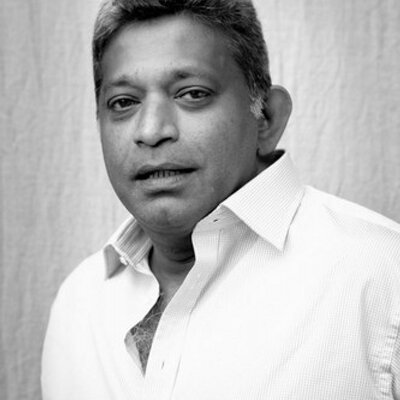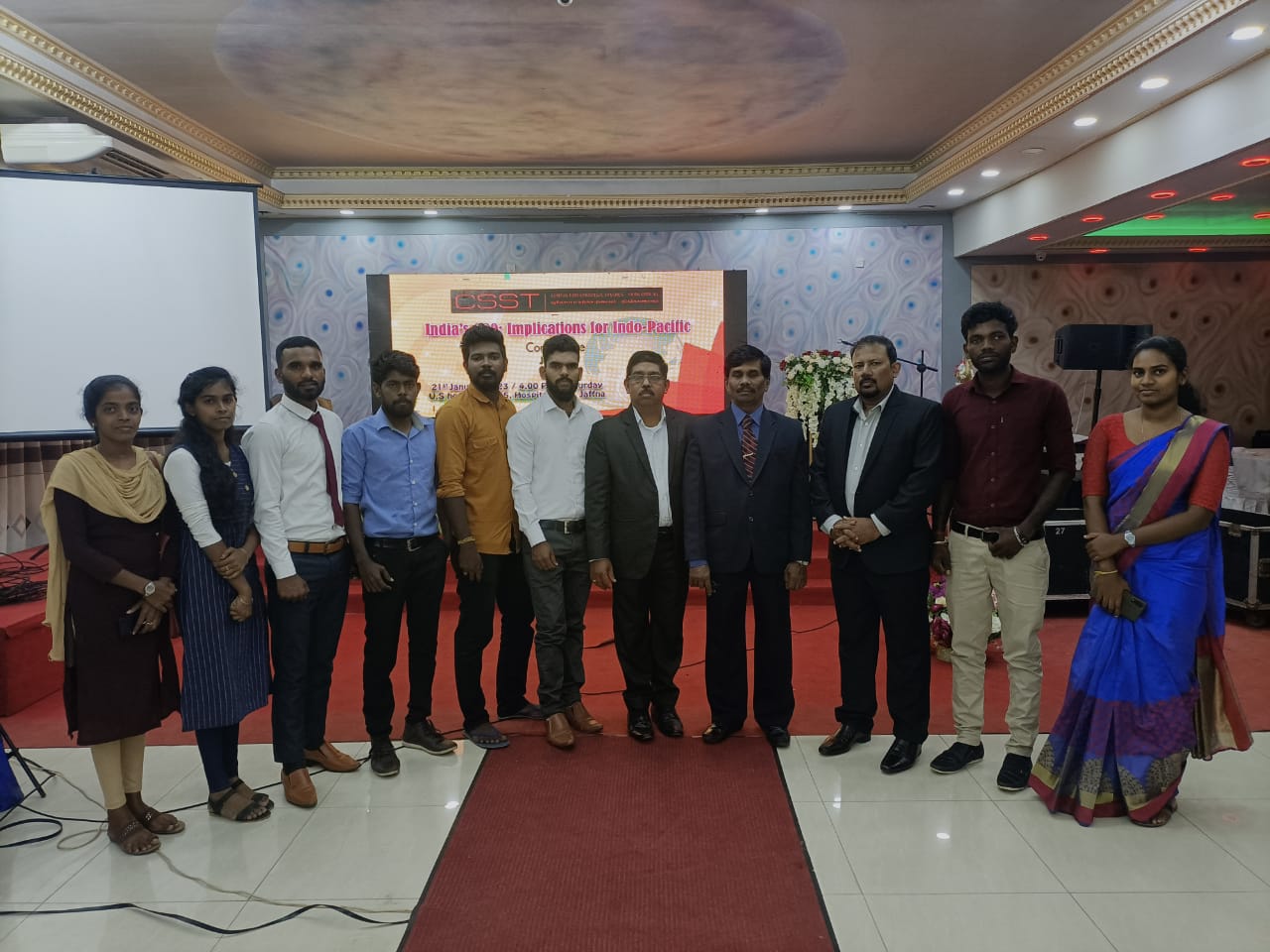Amid diplomatic strife, the UK-led resolution was passed at the 46th session of UNHRC in Geneva. This is not just a resolution to insisting on the protection of human rights in Sri Lanka but also pressures the country to embrace the rules-based international order. After all, human rights concerns and the rules-based order are intertwined with each other. This is not well understood in the Sri Lankan context.
In this context, for me, it would be more appropriate to respond to Ron’s comments on western involvement in protecting human rights around the world. The interview with Ron and CSST was published on the 28th of February 2021. Timely questions were posed, but the answers were dreamy. Ron’s answers would have been more apt during the Cold War. His anti-Americanism is a case in point. If one thinks of opposing something, there will always be only the intention of opposing that.
With the argument on protecting human rights in Sri Lanka is again taking centre stage in the Western Bloc, the interview raises the question of whether Tamils can trust the west or not. It is, particularly about the United States.
No country ignores its interest. As the world’s most powerful country, the United States will certainly prioritize its interest. But it must be noted that the United States’ global interest is intertwined with the intent of preserving global liberal values. Indeed, this is the point at which the Tamils and westerners meet. This is the point at which the Tamils trust the United States in terms of protecting human rights. The United States is the only watchdog of liberal values in the world. This is why many in oppressed communities, such as the Tamils and Tibetans, raise their voice in support of actions by the United States.
But a section of Tamils in political establishments still seems to suffer from the short-sightedness of nationalism. Tamils should avoid it. If Tamils are to take advantage of the liberal international world order, they must avoid it and transform themselves into a society that respects this order. As Norwegian peace envoy Eric Solheim often insisted, blaming the international community does not help.
One of Ron’s claims is a perfect example of how his thoughts continue to be more apt for the Cold War milieu. He notes that ‘China was pressed by separatist Tibetan Buddhists, which the CIA was funding and even training to conduct guerrilla warfare against China. The CIA had the Dalai Lama on its payroll for two decades.’ Ron alludes to this as a conspiracy theory, whereas this is a fact. After all, such comments ultimately call into question the credibility of other opinions that Ron seeks to argue.
But we can agree on a point. As he said, geopolitics is a decisive force. But when the world is bipolar on human rights issues, Tamils must identify themselves with the pole that protects human rights and democracy.


